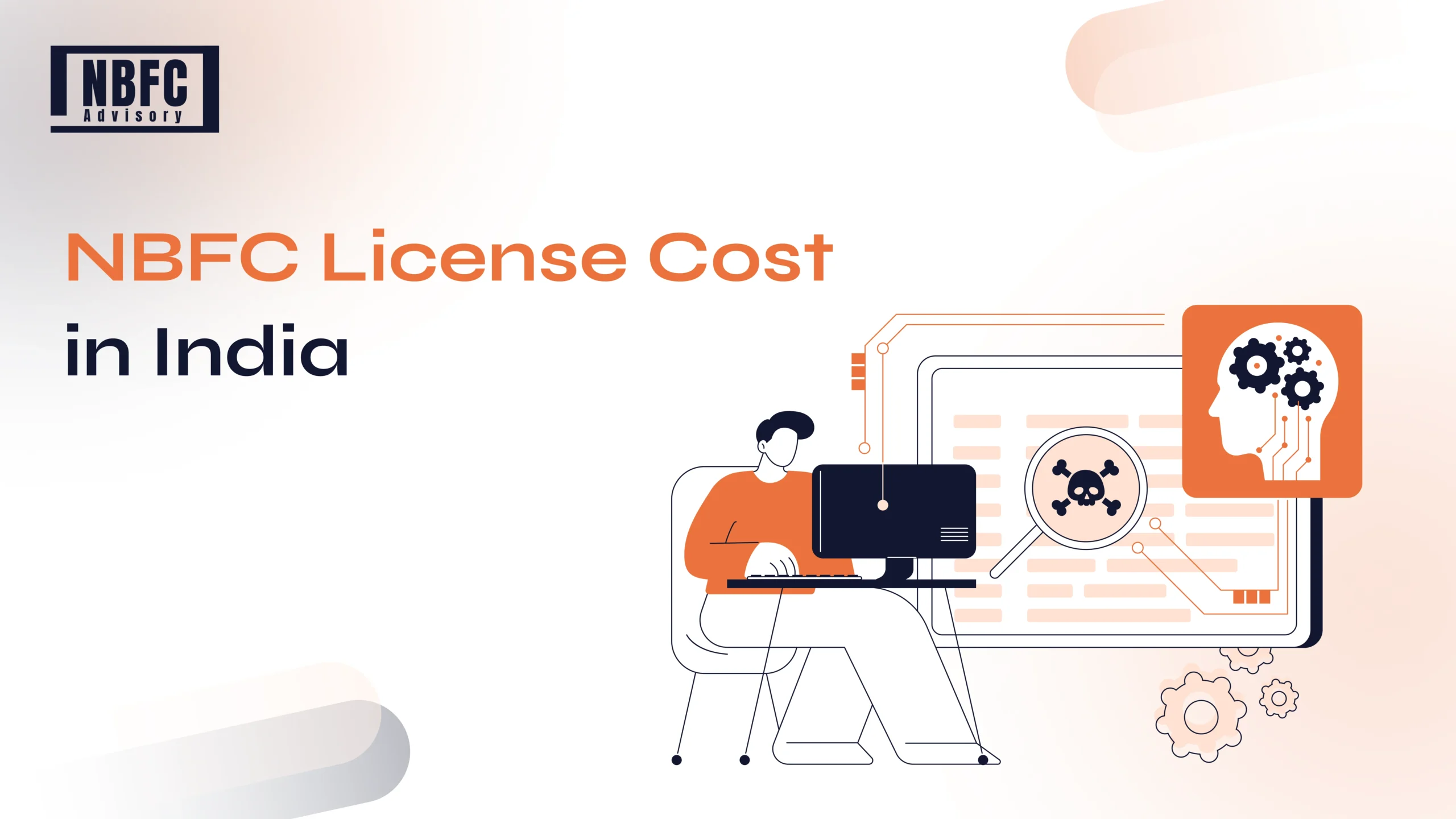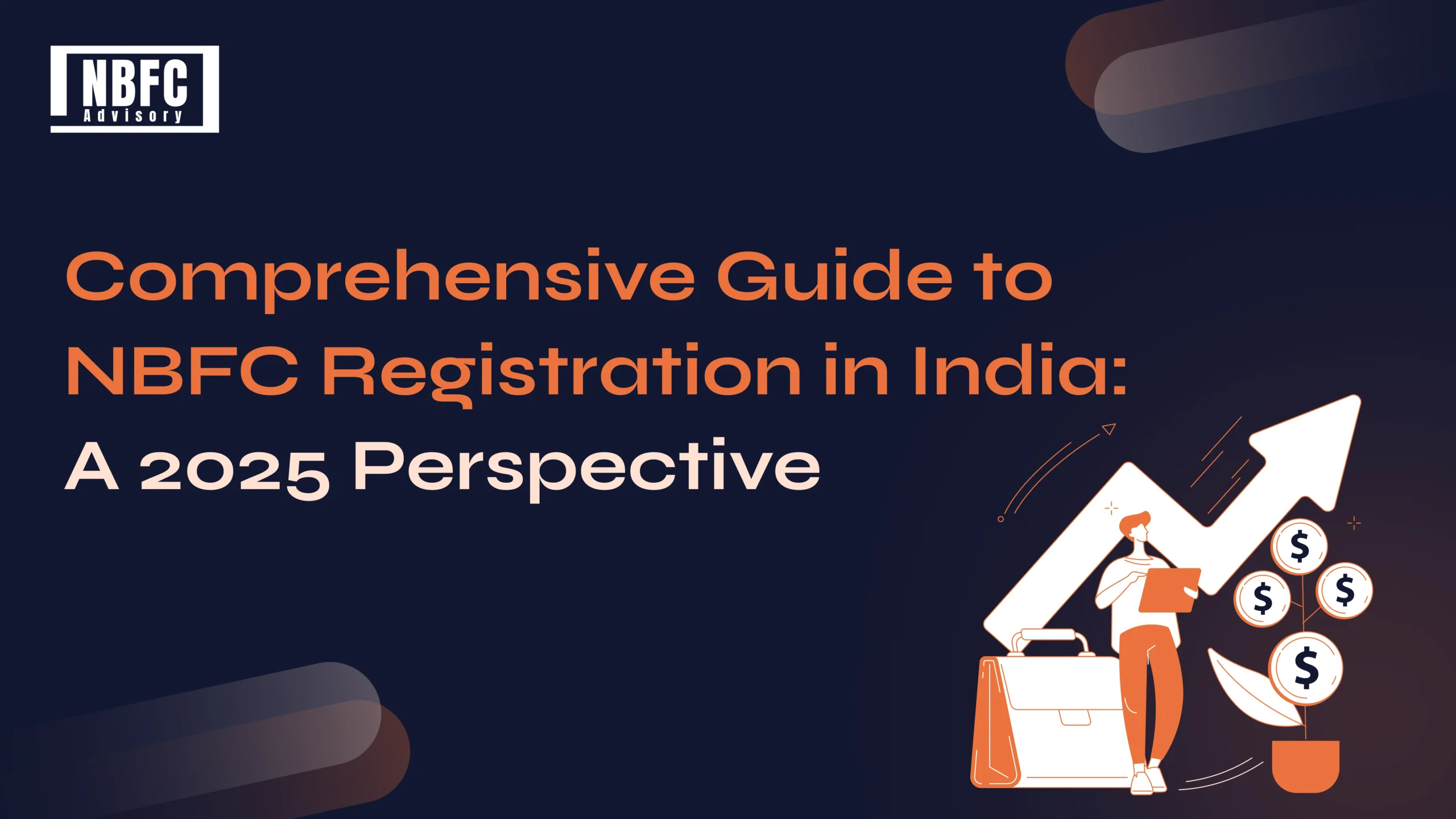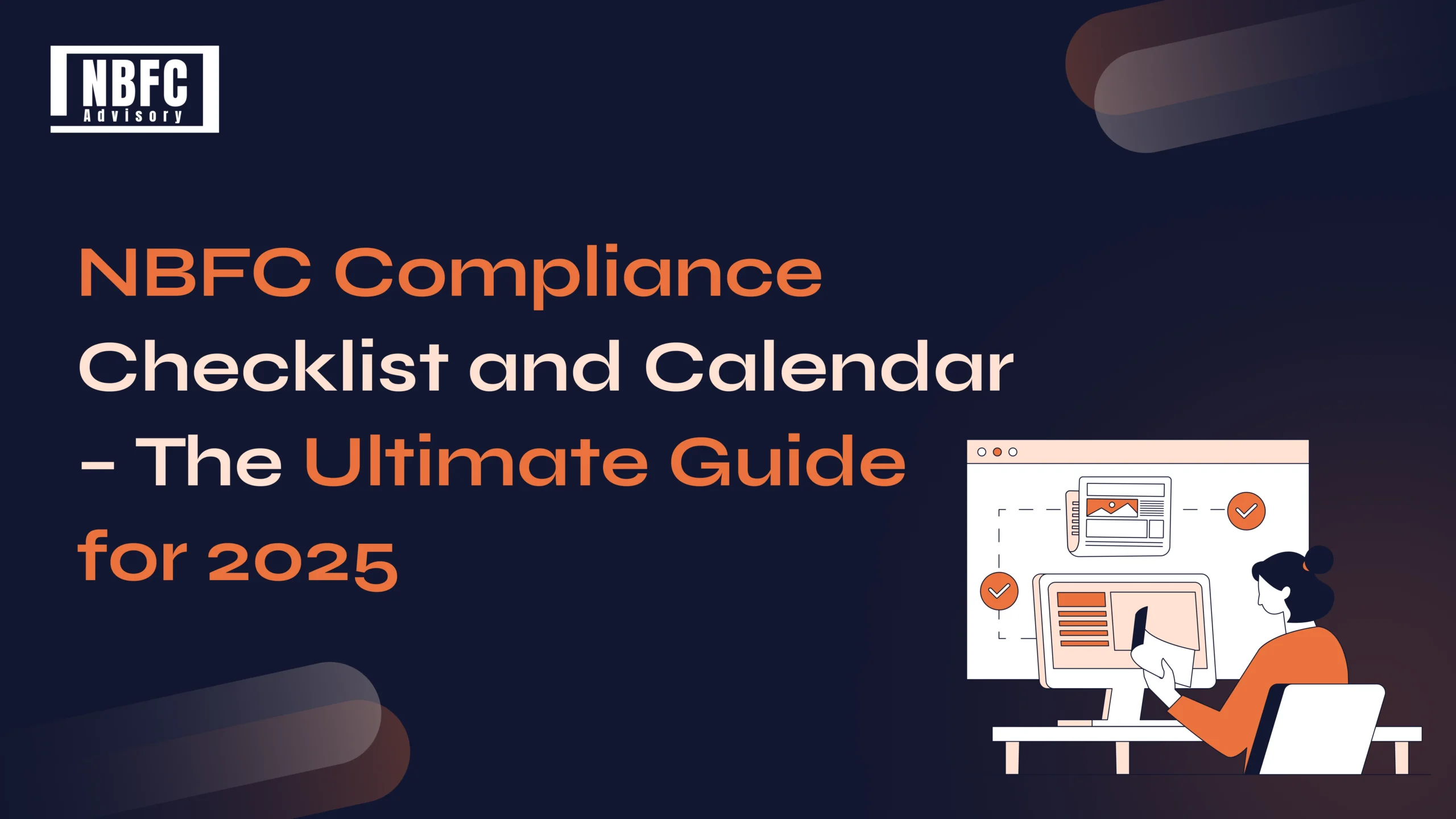Inside This Article
In the ever-expanding world of fintech, startups are transforming the way we access and interact with financial services. But as the fintech ecosystem grows, so do the risks associated with handling sensitive financial data. Cybersecurity threats and data privacy concerns have never been more significant. Ensuring compliance with data protection and security regulations is crucial to the success and longevity of fintech startups.
In this blog, we provide an in-depth look at:
- Why data privacy and cybersecurity compliance are crucial for fintech startups.
- The regulatory frameworks that fintech startups need to navigate.
- How fintech startups can protect themselves and their customers from the risks associated with digital finance.
Why Data Privacy & Cybersecurity Compliance Are Critical for Fintech Startups
As fintech companies handle a large amount of sensitive customer data—ranging from financial information to personal identification details—they are prime targets for cyberattacks. A breach can result in financial loss, legal penalties, and a damaged reputation.
But beyond the risk of breaches, compliance with data privacy and cybersecurity regulations is key to building trust with your users. As customers become more aware of the value of their personal data, they expect businesses to handle their information responsibly and securely. For fintech startups, complying with Fintech Data Protection India and securing their platforms is not just about avoiding penalties; it’s about positioning your business as a trustworthy and secure option for consumers.
Key Regulatory Frameworks for Fintech Startups
Navigating the complex world of regulatory compliance can be challenging, especially for startups with limited resources. Depending on your region and the services you provide, there are a number of regulations you’ll need to be aware of. Below are some of the key frameworks affecting fintech startups.
1. General Data Protection Regulation (GDPR)
If your fintech startup operates in or serves customers in the European Union (EU), GDPR is a regulation you can’t ignore. It sets the standard for how personal data should be handled and enforces strict penalties for non-compliance.
Key GDPR Requirements:
- Consent: Users must explicitly agree to the processing of their data.
- Transparency: You must clearly inform customers about what data you collect and how it will be used.
- Data Subject Rights: Customers have the right to access, rectify, or delete their data.
- Data Security: You must implement appropriate measures to secure personal data.
Failing to comply with GDPR can result in fines of up to 4% of your global annual turnover or €20 million, whichever is higher.
2. California Consumer Privacy Act (CCPA)
For startups that serve customers in California, the California Consumer Privacy Act (CCPA) is a must-know regulation. It provides California residents with greater control over their personal data and places additional obligations on businesses that collect and process such data.
Key CCPA Provisions:
- Transparency: You must inform customers about the types of personal data you collect.
- Right to Delete: Consumers can request that their personal data be deleted.
- Opt-Out of Data Sale: Consumers have the right to opt out of having their personal data sold.
3. Payment Card Industry Data Security Standard (PCI DSS)
For fintech startups that handle payments or deal with credit card information, PCI DSS is a critical set of security standards to follow. These guidelines help ensure that businesses protect credit card data and maintain secure payment systems.
PCI DSS Requirements:
- Encryption: Credit card information must be encrypted both in storage and during transmission.
- Access Control: Only authorized personnel should have access to payment data.
- Network Security: Security measures must be in place to prevent unauthorized access to networks.
4. India’s Digital Personal Data Protection Act
In India, India’s Digital Personal Data Protection Act is expected to shape the regulatory landscape for data protection. This law, still under development, will likely set standards for how personal data is handled, how breaches are reported, and what actions companies must take to safeguard their users’ data. As fintech startups operating in India or targeting Indian consumers, you must stay updated on the provisions of this law.
5. Local Regulations and Industry Standards
In addition to GDPR, CCPA, and PCI DSS, fintech startups must comply with local laws and industry-specific standards, such as those set by financial regulators. For example, in India, the Reserve Bank of India (RBI) governs payment gateways and mandates stringent cybersecurity and data privacy measures for businesses in the fintech space.
The Role of Cybersecurity in Data Privacy
Cybersecurity and data privacy are two sides of the same coin. While data privacy governs how data is collected, used, and shared, cybersecurity ensures that the data remains protected from unauthorized access, theft, or destruction.
1. Data Encryption
Encryption is one of the most important tools for protecting sensitive data. Whether the data is stored or transmitted, encryption makes it unreadable to unauthorized parties, ensuring that even if a cybercriminal intercepts it, they won’t be able to make sense of it.
2. Multi-Factor Authentication (MFA)
Multi-factor authentication (MFA) is a simple yet powerful way to secure user accounts. Instead of relying solely on a password, MFA requires users to verify their identity through multiple means, such as a one-time code sent to their phone or an authentication app. This extra layer of protection makes it much harder for attackers to gain access to accounts.
3. Incident Response Plan
Even the most secure systems can be breached. That’s why it’s essential to have a clear and effective incident response plan in place. This plan should outline the steps to take when a breach occurs, including how to contain the breach, notify affected users, and comply with legal requirements for reporting the incident.
4. Regular Audits and Monitoring
Ongoing monitoring of your systems can help detect suspicious activity early, minimizing the impact of any potential threats. Regular audits also help ensure that your security measures are up to date and compliant with security best practices and industry standards.
Overcoming Compliance Challenges
For fintech startups, meeting data privacy and cybersecurity compliance requirements can seem like a daunting task. But the challenges are manageable with the right approach and resources.
1. Complex Regulations
With different regulations applying in various regions, it can be overwhelming to keep track of all the requirements. The key is to stay informed and seek expert advice when needed. Having a legal or compliance consultant on board can help navigate the complexities of GDPR, CCPA, PCI DSS, India’s Digital Personal Data Protection Act, and other regulations.
2. High Costs of Compliance
Implementing and maintaining a secure infrastructure that meets regulatory standards can be costly. Startups with limited budgets may find this a major challenge. However, the cost of non-compliance—such as fines, penalties, and reputational damage—can be far greater. It’s also worth considering scalable solutions that can grow with your business.
3. Evolving Cybersecurity Threats
Cybersecurity is an ongoing battle. As cyber threats evolve, so must your defenses. Keeping up with the latest security technologies and best practices is essential for protecting sensitive data and ensuring compliance.
Balancing Compliance with Business Agility
For fintech startups, it’s important to balance compliance with the need for agility and innovation. Compliance shouldn’t slow down your operations or stifle growth. Instead, the goal is to integrate compliance measures into your business operations smoothly and efficiently.
Tips for Balancing Compliance and Growth:
- Automate Compliance Tasks: Use tools to automate repetitive compliance processes, such as data tracking and reporting.
- Scalable Solutions: Choose compliance solutions that can adapt to your business’s growth and scale as needed.
- Work with Experts: Hiring a compliance expert or consultant can ensure that you meet regulatory standards without missing a beat in your business operations.
Conclusion
Data privacy and cybersecurity compliance are not just regulatory requirements—they are key to building trust with your customers and ensuring your fintech startup’s long-term success. By understanding the regulations that apply to your business, implementing the right security measures, and staying agile, you can protect your data and grow your business without compromising on security.
At NBFC Advisory, we specialize in guiding fintech startups through the regulatory landscape, helping you navigate data privacy and cybersecurity compliance challenges. Our experts are here to help you protect your business and build a solid foundation for future success.
Need help ensuring your fintech startup stays compliant with data privacy and cybersecurity regulations? Reach out to NBFC Advisory today for expert guidance and support.
📞 Contact Us: +91 93287 18979 |
🌐 Visit: nbfcadvisory.com




